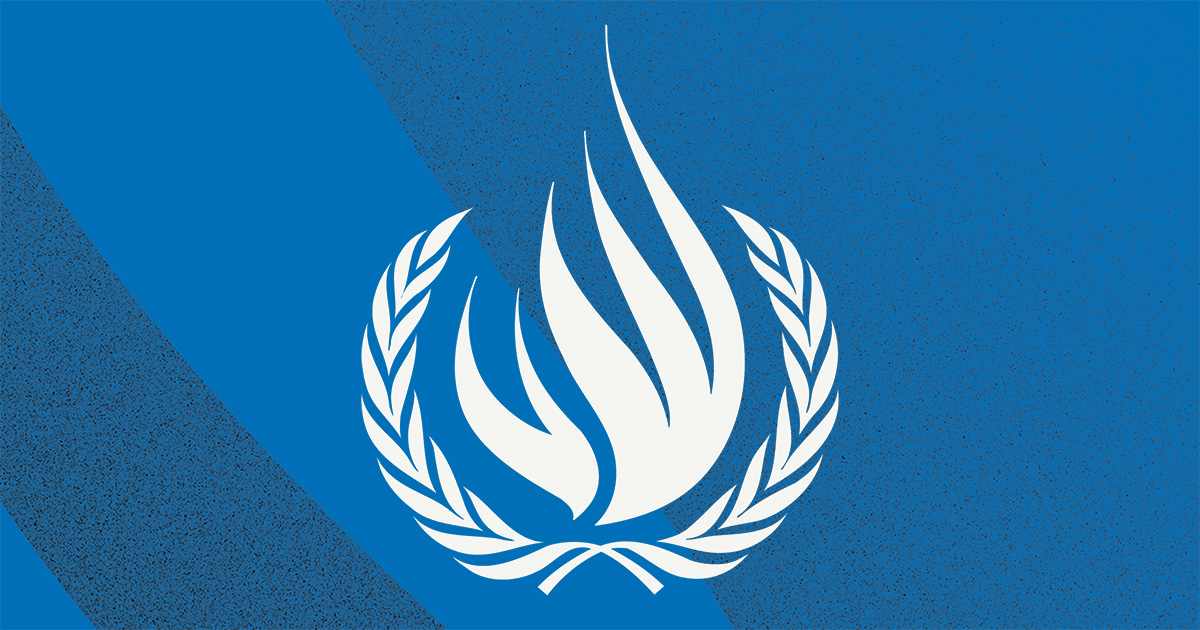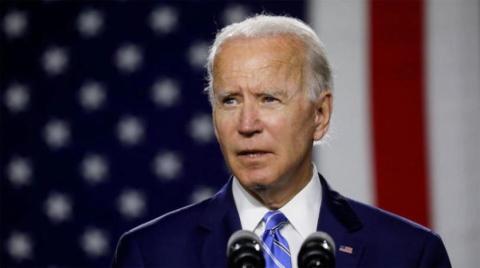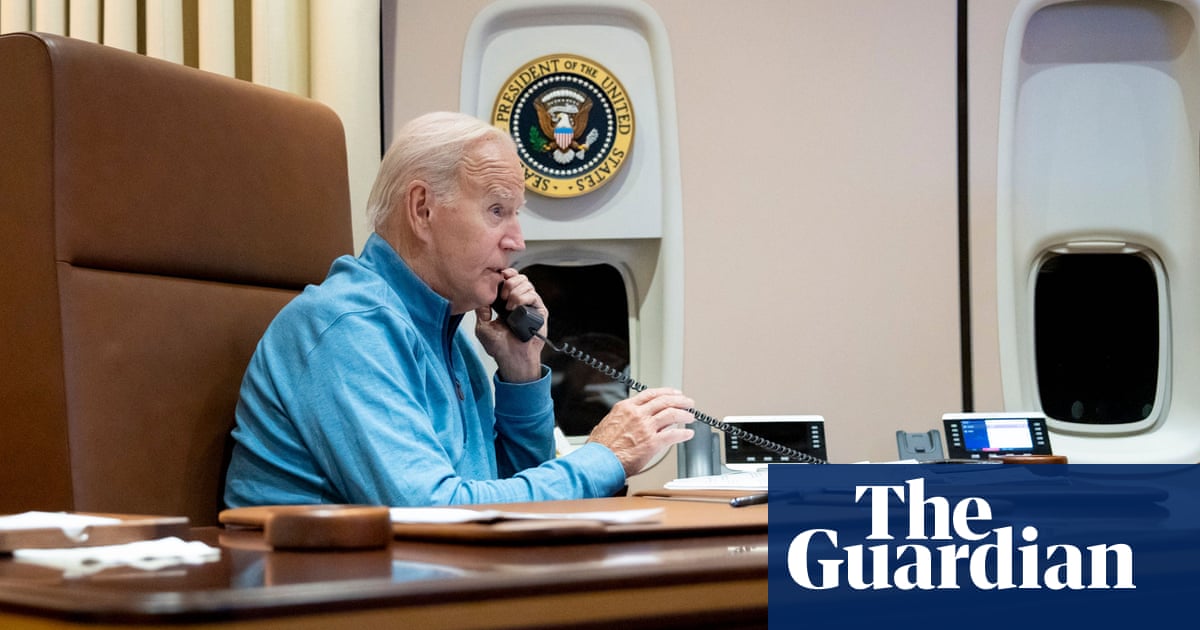
Joe Biden has promised to the United Nations that the withdrawal from Afghanistan is a turning point in history, in which “relentless war” would be supplanted by “relentless diplomacy”, pledging a renewed commitment to the UN and to his nation’s alliances.
“As I stand here today, for the first time in 20 years the United States is not at war. We’ve turned the page,” Biden said in his first address to the UN general assembly as president. “All the unmatched strength, energy, commitment, will and resources of our nation are now fully and squarely focused on what’s ahead of us, not what was behind.”
In a hastily-arranged change to the schedule, China’s president, Xi Jinping, addressed the assembly a few hours later. A deputy premier had been expected to speak for China, giving it a slot far back in the running order, on Friday afternoon. Xi’s decision to speak remotely from Beijing, allowed him to speak on the first day and respond directly to Biden.
“One country’s success does not have to mean another country’s failure,” the Chinese president said in a prerecorded speech. “The world is big enough to accommodate common development and progress of all countries.”
Without mentioning the US by name, he warned that “military intervention from the outside and so-called democratic transformation entail nothing but harm”.
Xi claimed China had a long record of multilateralism, a claim also met with scepticism in the chamber, as its aggressive expansionist approach on the border with India, the South China Sea and towards Taiwan, have been anything but collaborative.
Biden backed up his speech with a pledge to give $11bn a year to developing nations to support their response to the global climate emergency.
His tone was in dramatic contrast to his predecessor. Donald Trump made no secret of his distrust of the UN. Biden called it a “noble institution”. But world leaders responded with scepticism to Biden’s appeals for peace, made just a few days after it was revealed that the US, UK and Australia had been secretly negotiating for months over the construction of a new fleet of nuclear-powered submarines.
Biden was also making his presidential debut just weeks after the chaotic withdrawal from Afghanistan, widely viewed among UN member states as having been rushed for domestic political reasons, with little regard for the Afghans left behind to face the Taliban.
In his address, Biden sought to place the withdrawal in a broader, more positive historical perspective.
“We’ve ended 20 years of conflict in Afghanistan, and as we close this period of relentless war we’re opening a new era of relentless diplomacy, of using the power of our development aid to invest in new ways of lifting people up around the world, renewing and defending democracy,” he said.
Biden insisted that the US would continue to defend itself and its allies, including mounting counter-terrorism operations, but would be far more conservative in resorting to force, to avoid falling back into more protracted struggles like Afghanistan and Iraq, which have come to be known in US political parlance as the “forever wars”.
“The mission must be clear, and achievable, undertaken with the informed consent of the American people and, whenever possible, in partnership with our allies,” Biden said, in remarks which echoed his address to the nation following the withdrawal from Afghanistan, in which he talked about “ending an era of major military operations to remake other countries”.
But on Tuesday, Biden made clear that the withdrawal from Afghanistan was also a question of switching attention and resources to the far east. This long-heralded “pivot to Asia” in US foreign policy has accelerated under Biden’s presidency. It is seen in the White House as an imperative to contain and compete with China, a rivalry that Biden addressed only obliquely.
“The United States will compete and will compete vigorously and lead with our values and our strength,” he said “We’ll stand up for our allies and our friends, and oppose attempts by stronger countries to dominate weaker ones through changes to territory by force, economic coercion … exploitation or disinformation. But we’re not seeking – I’ll say it again – we’re not seeking a new cold war or a world divided into rigid blocs.
“US military power must be our tool of last resort, not our first,” the president added. “It should not be used as an answer to every problem that we see around the world. Indeed, today many of our greatest concerns cannot be solved or even addressed through the force of arms.”
As an example, Biden observed: “Bombs and bullets cannot defend against Covid-19.”
As the world mourned 4.5 million people killed so far in the pandemic, Biden called for “a collective act of science and political will”.
“We need to act now to get shots in arms as fast as possible,” the president said. He said the US had shipped more than 160m doses of Covid-19 vaccine abroad, and invested $15bn in global pandemic response mechanisms.
He was speaking shortly after an urgent and angry address from the UN secretary general, António Guterres, who had pointed out that while large majorities in the rich world were already vaccinated, more than 90% of Africans were still waiting for their first dose.
“This is a moral indictment of the state of our world. It is an obscenity,” Guterres said.
“We are on the edge of an abyss – and moving in the wrong direction,” the secretary general warned. “Our world has never been more threatened, or more divided.”
Like Guterres, Biden did not mention China by name, but substantial passages of his speech were devoted to outlining the fundamental rivalry between the world’s democracies and authoritarian regimes, asking the UN member states if they were prepared to allow universal principles enshrined in the organisation’s charter “to be trampled and twisted in the pursuit of naked political power”.












